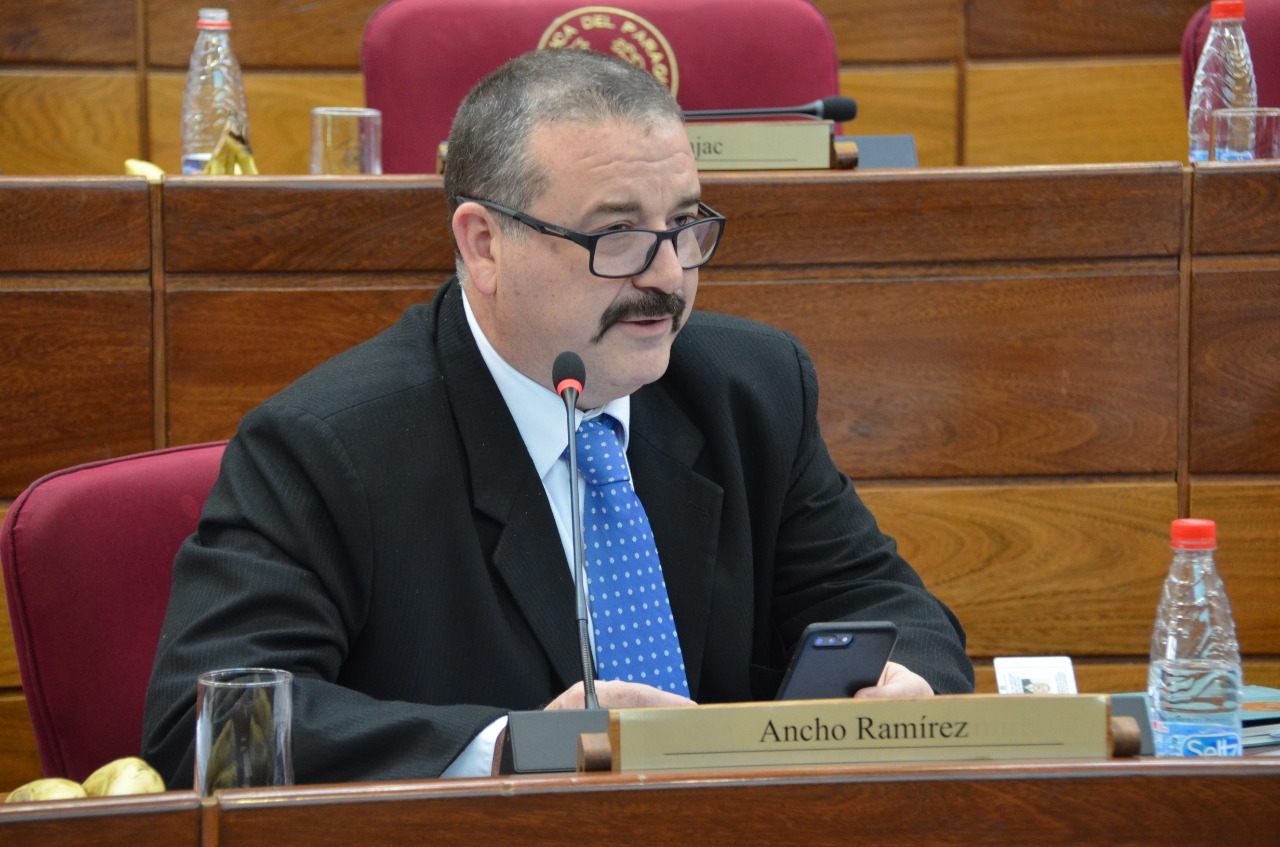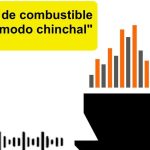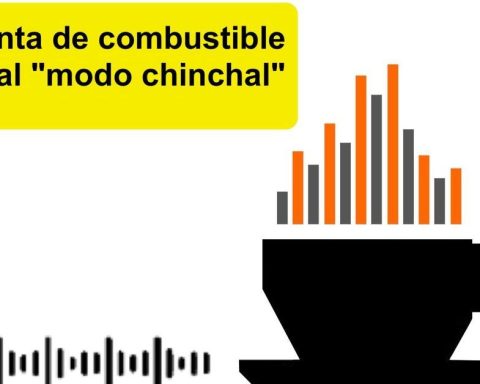Jurists of the stature of Eduardo Pettit, Moreno Ruffinelli and the former minister of the Supreme Court of Justice (CSJ), Luis Lezcano Claude, confirm that the requirement of 10 years as a lawyer for a candidate to run for the Superior Court of Electoral Justice is the sum of the activities carried out within the framework of the profession.
In this way, former liberal senator Juan Bartolomé Ramírez, alias “Ancho”, would be able to compete for one of the vacant seats in the TSJE, after the retirement of Alberto Ramírez Zambonini and María Elena Wapenka.
The Council of the Judiciary meets this morning to take a position on the issue and decide on the challenge filed against Ancho Ramírez.
On the point, the constituent maintains that Ancho Ramírez’s postulation is totally valid. “The intention was that experience could be accumulated, what was sought was for the person to have 10 years of experience in activities related to legal activities both in practice as a lawyer, or by some university chair in legal matters or by practice of the judicial magistracy and that can accumulate,” he said.
At the point of experience of at least 10 years, it presumes that the candidate has added to his knowledge in legal matters, the experience that the exercise of the activities of the Supreme Law gives him, which results in greater security in terms of correct performance of the functions that correspond to a member of the TSJE.
It means that the term of ten years can be completed jointly exercising the legal profession and the university chair, or the judicial magistracy and the university chair and exercising only one of the activities mentioned for the entire time required, that is, separately. Also exercising successively (or alternatively, as other constitutional articles say), he recalled.
Thus, he also qualifies as wrong the opinion that maintains that the minimum time of ten years must be accumulated with only one of the three activities mentioned in the Supreme Law.
Finally ends the end of the opinion that “it is illogical that the Fundamental Norm admitted any of these three routes as suitable ways to fulfill the experience requirement, but only if it is given separately. It could not be understood, since all three are suitable, why the exercise time of two or three of them could not be accumulated.

















